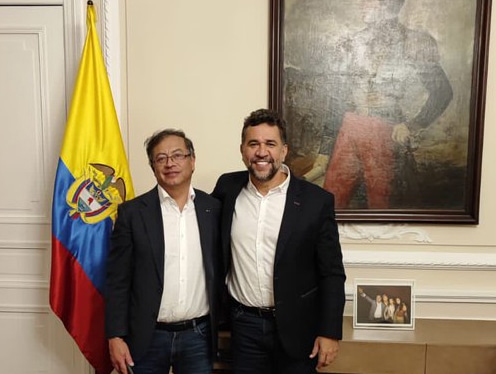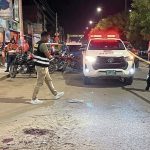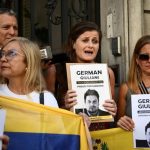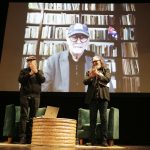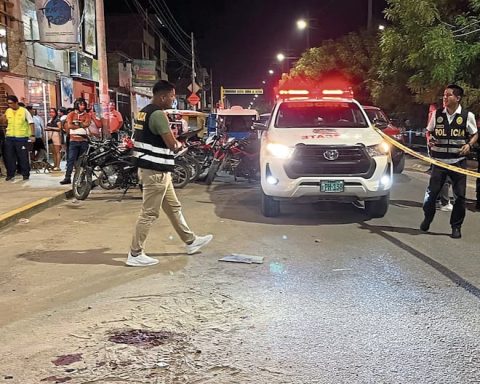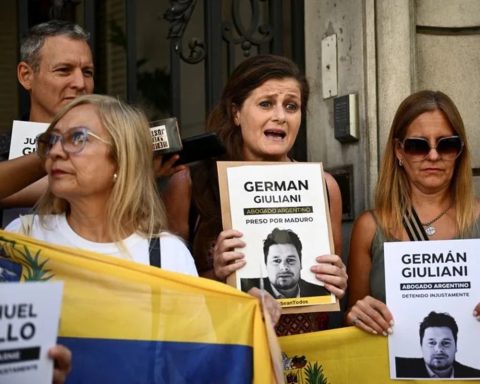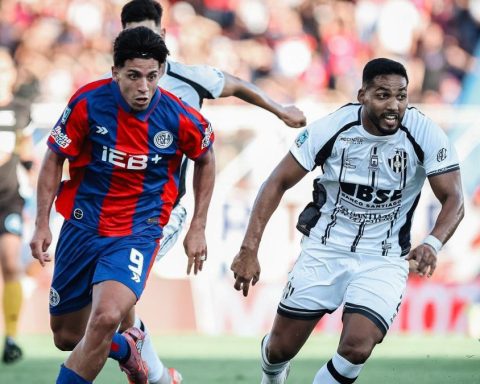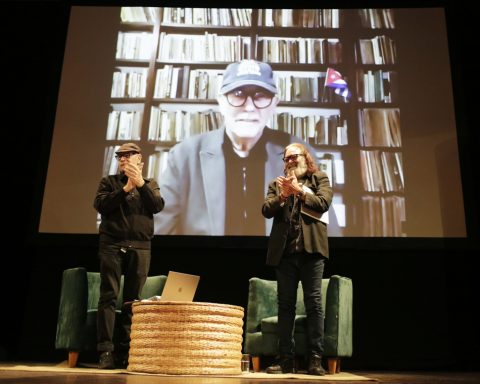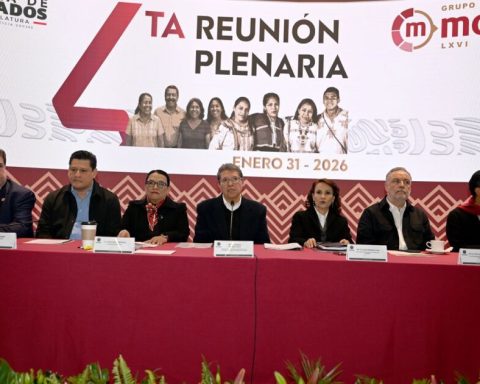Daniel Ortega’s regime would be considering withdrawing the approval of Ambassador León Fredy Muñoz, appointed by the Government of Gustavo Petro, to take charge of the diplomatic representation of Colombia in Nicaragua, according to reports from the W Radio from Colombia.
The decision of the regime would be a reaction to the declarations of the head of Foreign Relations of Colombia, Foreign Minister Álvaro Leyva Duranwho in an interview with the Colombian journalist Daniel Coronell on W Radio, expressed about the regime of Daniel Ortega and Rosario Murillo, that “public order matters cannot be dealt with by kicking them, putting friends in jail, closing the national human rights associations”.
In the same interview, the Colombian foreign minister confirmed that Colombia took steps so that the regime will release 21 political prisoners, between Monsignor Rolando Álvarez, four of the kidnapped presidential candidates, but these were not attended by the Ortega-Murillo regime.
“These efforts (for the release of political prisoners) are absolutely the humanitarian reasons to which we refer. Unfortunately it has not been achieved. I call on all countries to move and assume the same attitude that Colombia has recently assumed,” said the official.
“The State has to express itself and President Petro, represented by the Foreign Ministry, must clearly state that we are in no way with Mr. Ortega, one thing is a humanitarian action and another thing is confusion,” the Colombian foreign minister pointed out.
Ambassador: “everything is calm”
Nevertheless, The Colombian newspaper El Tiempo reported that he consulted Muñoz about the possibility of his approval being withdrawn as a result of Foreign Minister Leyva’s statements, and the designated ambassador assured that the process is still normal.
According to the newspaper report, The designated ambassador told them this Friday afternoon that the Government of Nicaragua “has not pronounced on anything at all.”
He also assured that the approval has already been sent, the decree of his appointment is signed and that he needs to take a course that is required within the appointment process. As he told El Tiempo, he plans to go to Nicaragua next Friday, September 17, to deliver the credential letters.
Regarding the relationship with them, he said that he is “well and calm”. She added that she is looking forward to traveling so she can speak with them.
Last August 12, President Gustavo Petro appointed Muñoz as its new ambassador in Nicaragua. The appointment was disclosed by Muñoz himself through his social networks.
“With the winds of change, the doors are opening for our country to return to brotherhood in Latin America. I thank President Gustavo Petro for this designation and trust, ”Muñoz wrote on his Twitter account.
In addition, the Colombian diplomat stressed that “the reestablishment of relations with Nicaragua will be a reality.”
Among the political positions he has held are: congressman of the Colombian Chamber of Representatives, between 2018 and 2022, for the Alianza Verde party; and councilor of the Bello municipality, between 2012 and 2015.
The ambassador appointed by Petro faces a judicial process, since 2018, for the alleged crime of trafficking, manufacturing or carrying narcotics, after he was captured carrying 160 grams of cocaine.
Muñoz was captured, in May 2018, a month before positioning himself in the Colombian House of Representatives, at the José María Córdova International Airport in Rionegro, in Antioquia, carrying cocaine in his hand luggage, according to the international media report.
The diplomat’s defense argued that it was a “setup” and that the suitcase had been “loaded and handled” by other people.
The Petro administration was involved in a controversy after Colombia will be absent from the session on August 13, 2022 in the Permanent Council of the Organization of American States (OAS), which condemned the violations of the rights of the regime of Daniel Ortega and Rosario Murillo.
Foreign Minister Leyva Durán expressed that the reasons for this position were due to “absolutely humanitarian” reasons and have nothing to do with any negotiation on the right to fish of the Raizal communities of San Andrés in waters that the International Court of The Hague declared like Nicaraguans.
Tensions between Nicaragua and Colombia
Relations between Colombia and Nicaragua remain tense since last year. The Colombian Government, then led by former President Iván Duque, called for consultations, in July 2021, its ambassador to Nicaragua, Alfredo Rangel Suárez, expressing its rejection of what it considered a “systematic persecution” against the Nicaraguan political opposition, the journalism and social leadership.
The Ortega regime responded to the action of the Colombian government and also called its ambassador to Colombia, Yara Pérez Calero, for consultation. On that occasion, the Nicaraguan government also called the Nicaraguan ambassadors in Argentina, Mexico and Costa Rica for consultation.
The spokeswoman for the Sandinista Front and vice president of Nicaragua, Rosario Murillo, justified the calls for consultation by indicating that they had observed “the constant and undeserved disrespectful, interfering, interfering and interventionist remarks in our internal affairs, by the highest authorities of each of our these countries on issues that only concern our peoples and our Government”.
Next, the government of former President Duque did not recognize the Nicaraguan general votes, held in November 2021, considering them “an announced fraud.” In those elections, the Ortega-Murillo regime was re-elected without political competition for a fourth consecutive term.
